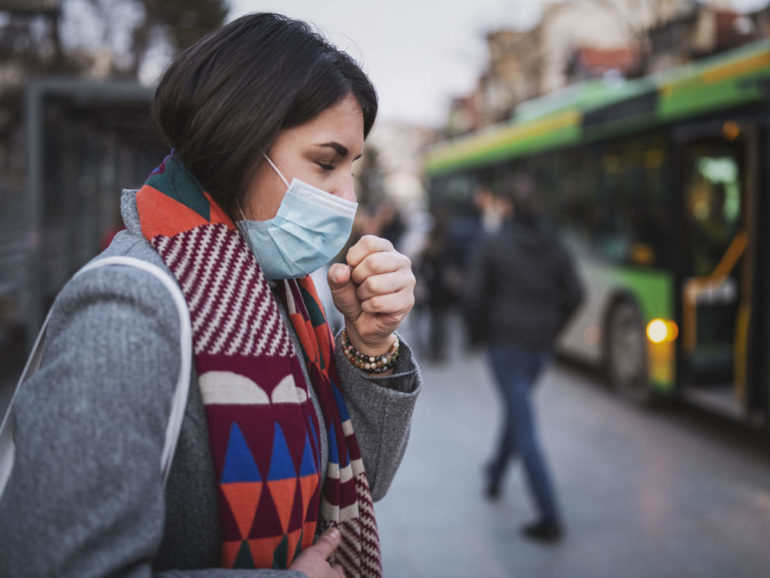The disease COVID-19 is a multisystemic infection although its main symptoms are related to Respiratory. Neurological and neuropsychiatric manifestations may occur even after healing of the acute phase of the infection, as part of its long-term effects. COVID-19 (long COVID).
The doctors of the Therapeutic Clinic of the Medical School of the National and Kapodistrian University of Athens, Theodora Psaltopoulou, Giannis Danasis, Panos Malandrakis and Thanos Dimopoulos (Rector of EKPA) summarize the results of the relevant study of Arne Soraas and associates. Open (JAMA Netw Open. 2021; 4 (7): e2118717.).
The study involved 13.001 adults in Νορβηγία who received an electronic invitation to participate in the study. A total of up to 3 electronic invitations were sent to 53.168 people. The participation rate amounted to 24%. All Norwegians who had been diagnosed with SARS-CoV-2 between 1 February and 15 April 2020 were invited. symptomatic. The main endpoint of the study was the memory problems reported by the study participants, 8 months after the expiration of COVID-19.
Of the participants, 439 (37%) had a positive test for SARS-CoV-2, 7.978 (25,7%) had a negative test for SARS-CoV-2 and 4.229 (21,1%) had no available result from diagnostic test for SARS-CoV-2. The mean age of the participants was 47 years (standard deviation 14,3 years) and 66% (8.642 people) were women. During the follow-up period, 9.705 of the 13.001 (75%) participants responded to the questionnaire with a median time of 257 days from inclusion in the study.
It is worth noting that 72 of the 651 (11%) participants with a positive SARS-CoV-2 test reported memory problems 8 months after infection COVID-19. In contrast, 254 of the 5.712 (4%) participants with a negative test for SARS-CoV-2 and 80 of the 3.342 (2%) participants with an unavailable result for SARS-CoV-2 reported memory problems within 8 months of joining study.
In further analysis of the data by the method of multiple logarithmic regression, the history of positive diagnostic test for SARS-CoV-2 was strongly associated with the reporting of memory problems at 8 months of positive outcome. In addition, 267 of the 649 (41%) positive SARS-CoV-2 participants reported a significant deterioration in their general health compared to the previous year, while 81 of 651 (12%) in the same group of participants also reported problems in concentration. Of the 59 (267%) SARS-CoV-82 positive test participants who reported memory problems, they also reported a general deterioration in health. There were no differences between the different groups of participants regarding feelings of depression, lack of strength or feeling of pain.
Despite them methodological constraints of the study, such as the low response rate to the initial questionnaires (24%) and the existence of confusing factors that were not taken into account by the researchers, the findings are of particular value. It has been shown that the subjective memory problems reported by the patients themselves reflect objective problems in the daily life of these people and in addition are a risk factor for the subsequent occurrence of cognitive impairments and / or dementia. In any case, its possible correlation COVID-19 with cognitive problems deserves further detailed research.
